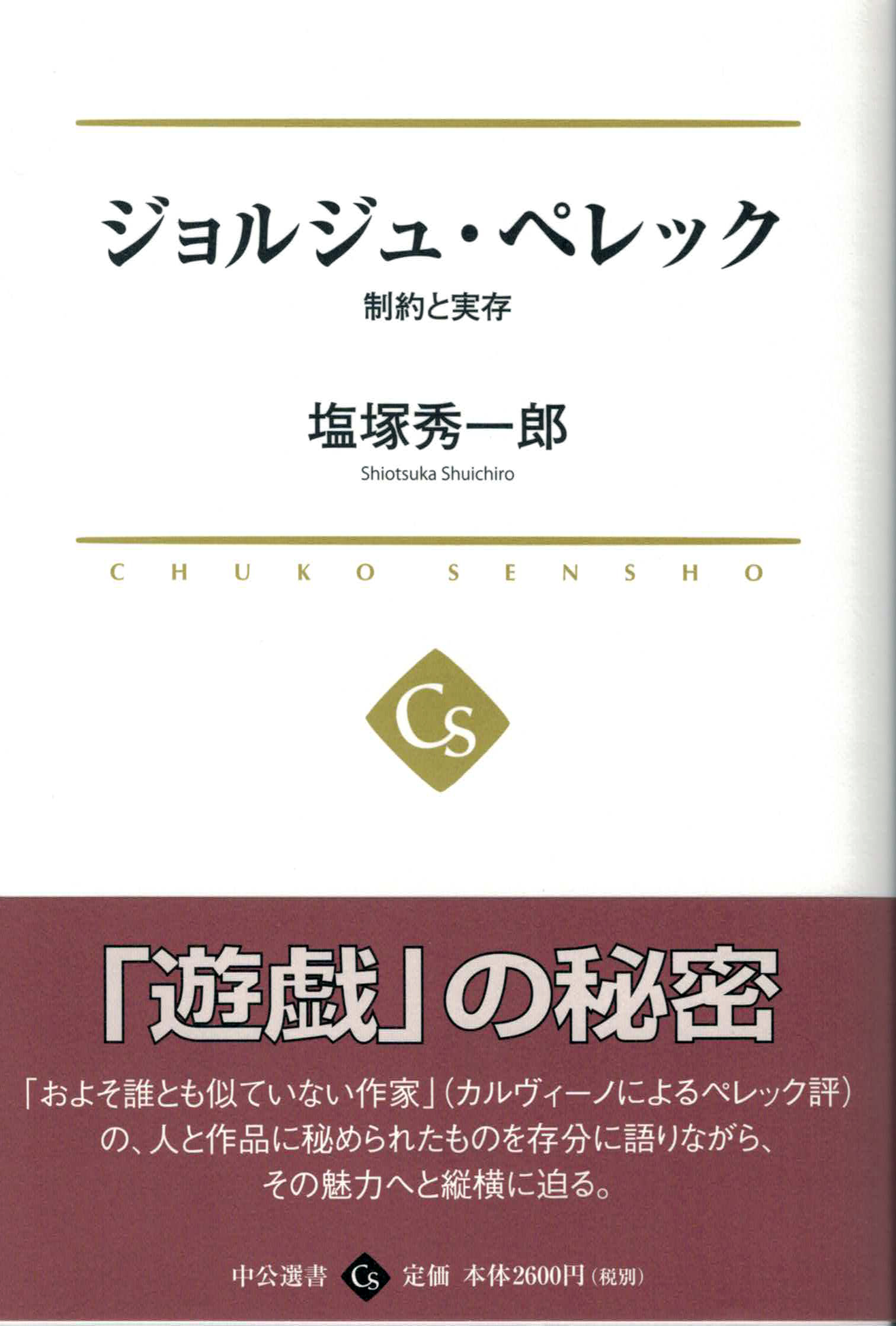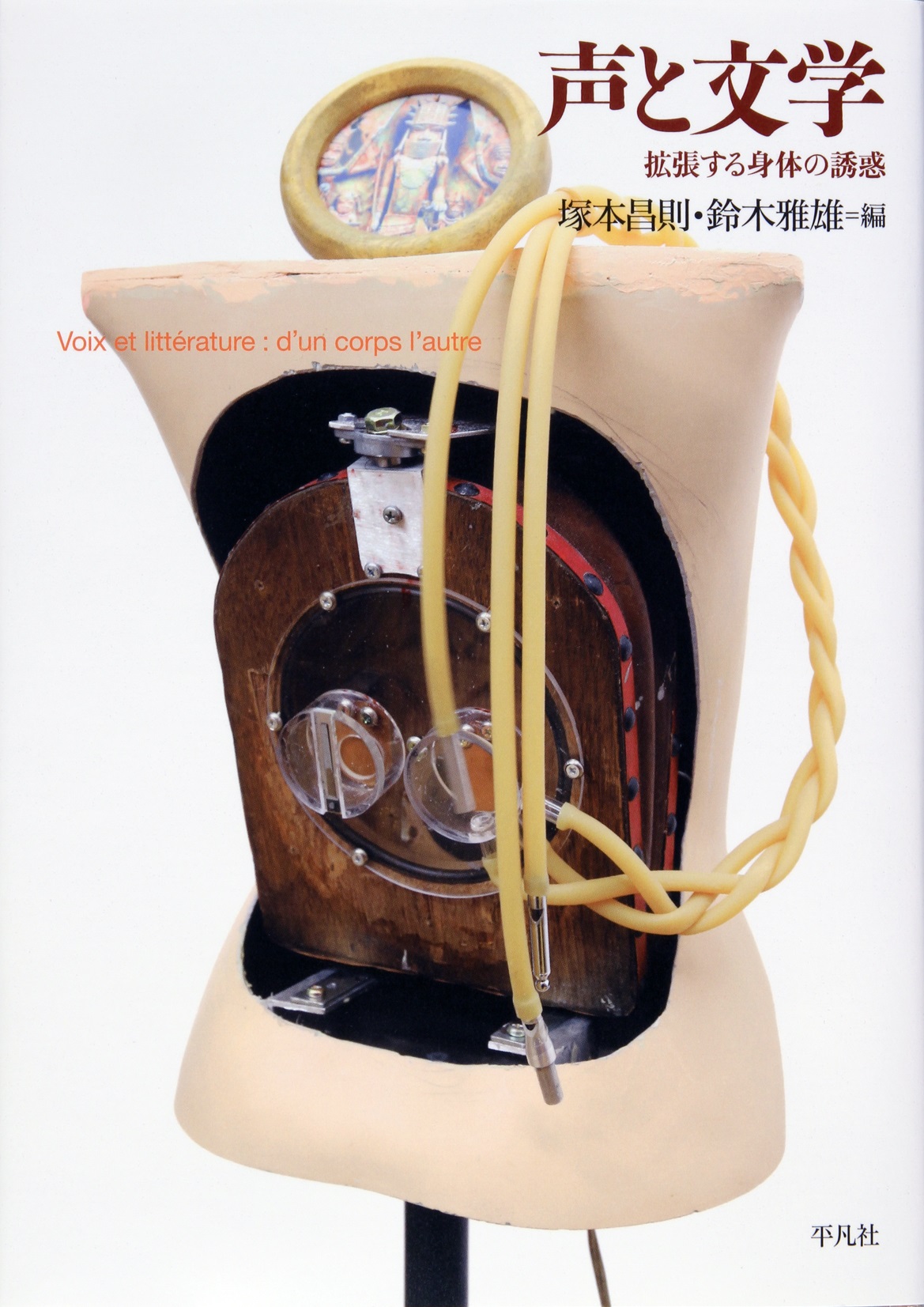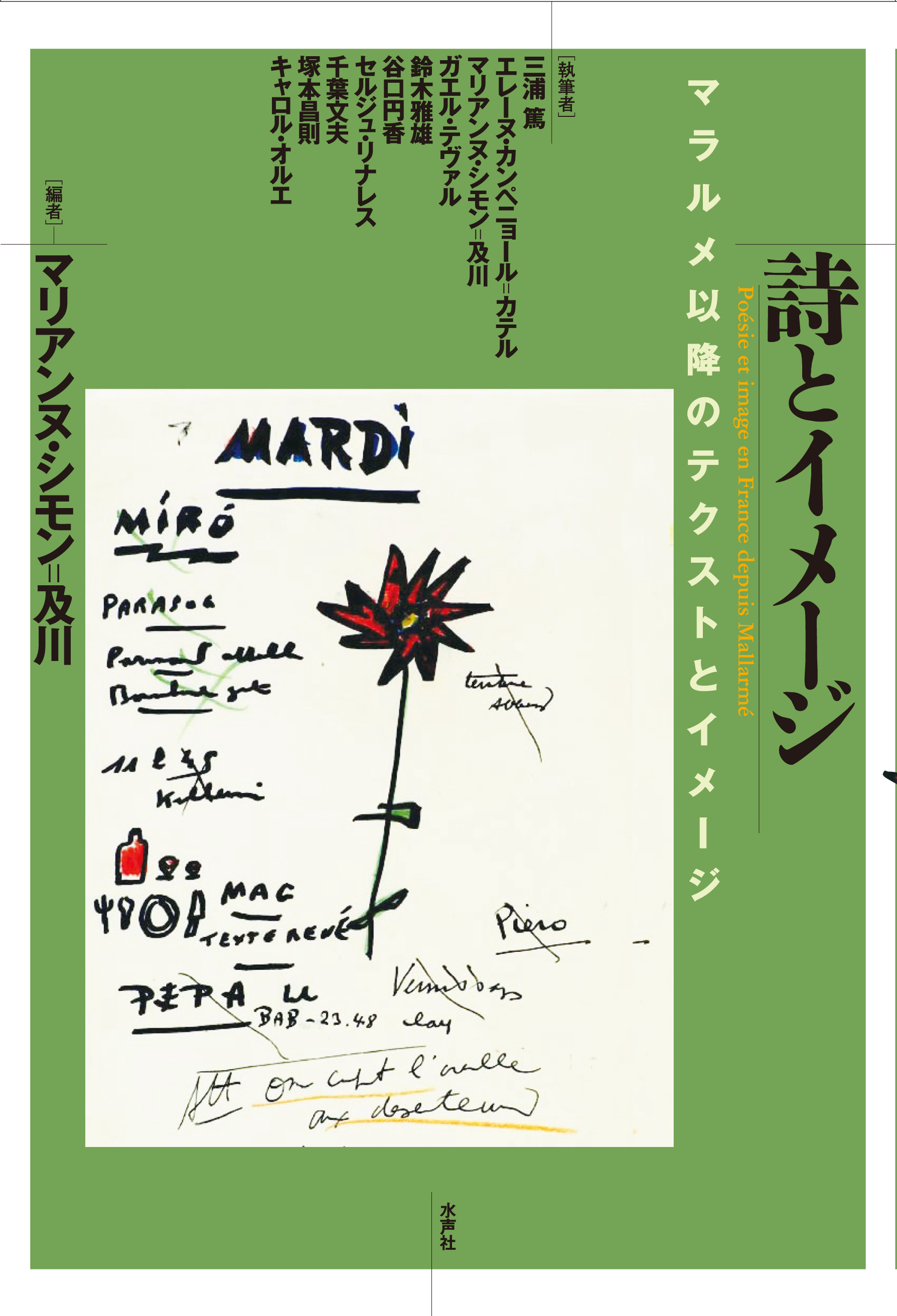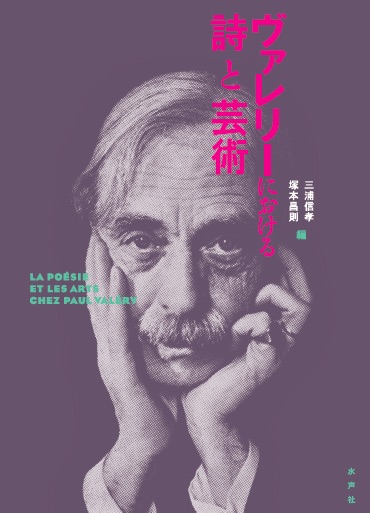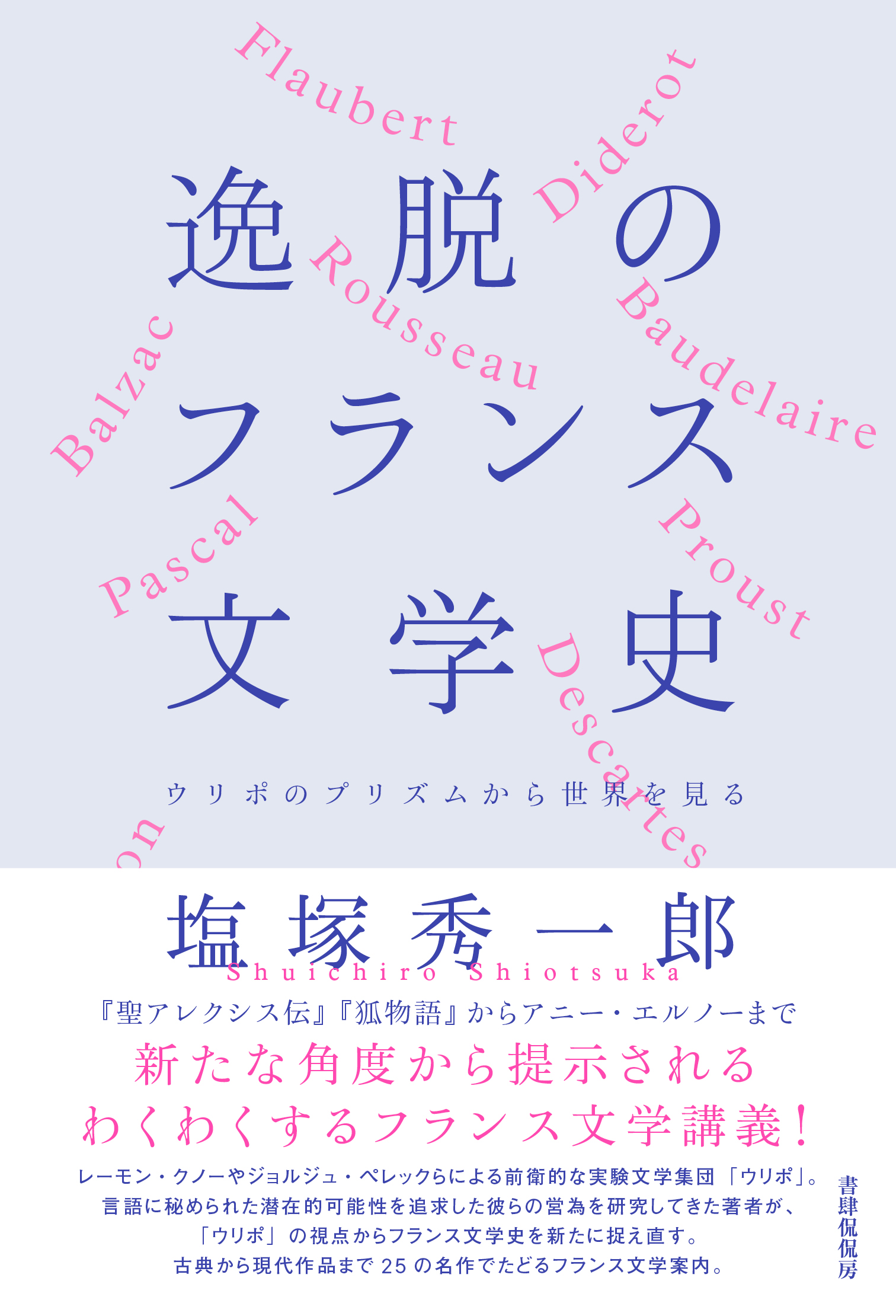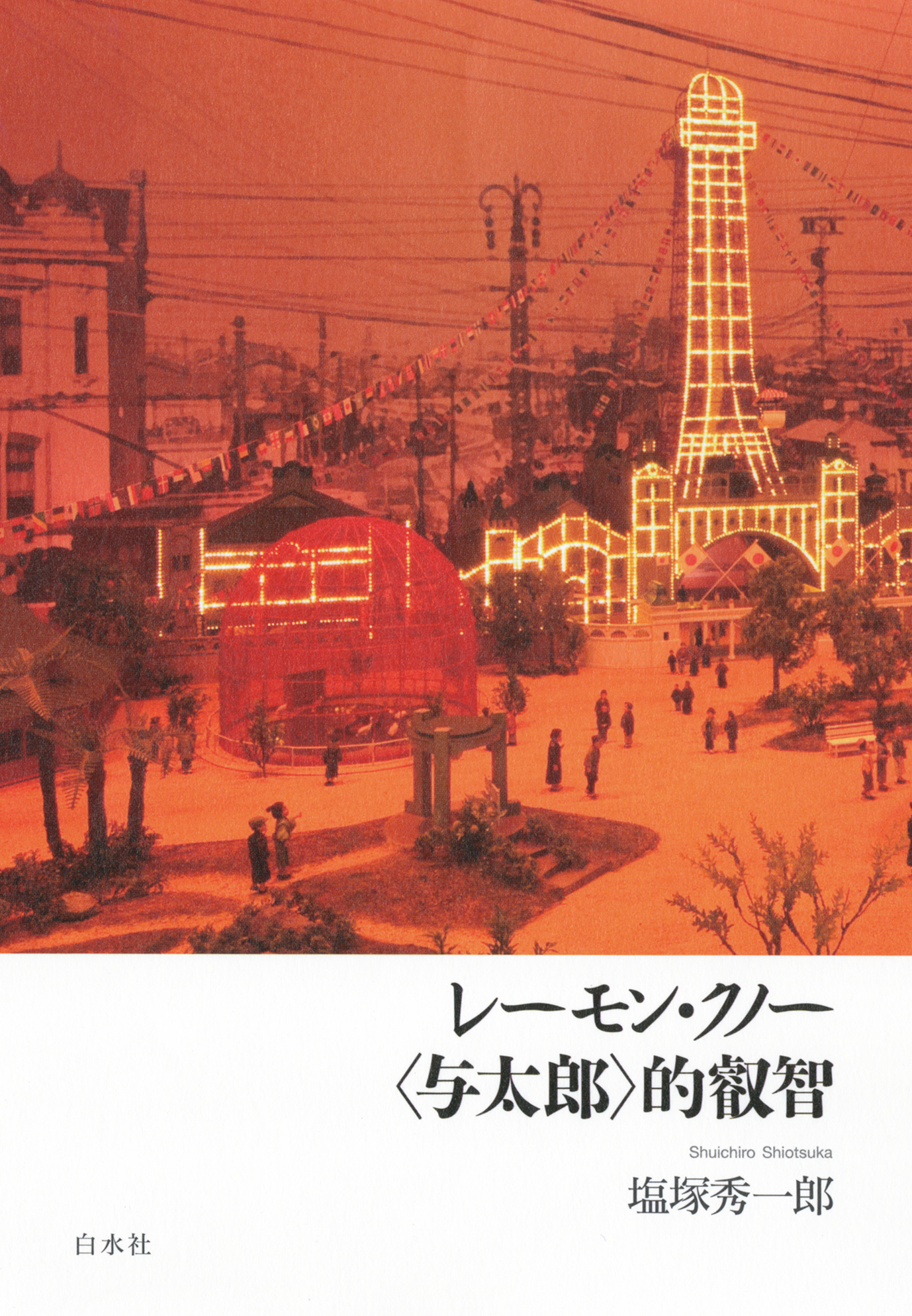
Title
Raymond Queneau (Raymond Queneau - A Yotarō-esque Wisdom)
Size
230 pages, 127x188mm
Language
Japanese
Released
May 06, 2022
ISBN
9784560098981
Published by
HAKUSUISHA
Book Info
See Book Availability at Library
Japanese Page
Several of Raymond Queneau’s novels feature Yotarō-like protagonists. Often featured in a traditional form of Japanese storytelling known as rakugo, Yotarō is a comic character who just hangs around and never does anything productive. But, says the philosopher Alexandre Kojève, such apparent fools are actually “wise men” who know themselves well and are fully content. While they are not particularly productive or useful, these people have little ambition and seem quite happy. I feel a special affinity for characters like this.
And yet, though Queneau portrayed such foolish characters, he was himself known for his vast store of knowledge and erudition. What was the significance of learning and knowledge to Queneau? Just as I was beginning to mull over this, I happened to read the following passage in an essay by Miwa Hidehiko, a scholar of French literature. “Raymond Queneau is, if I may be allowed to say so, one of those authors whose true identity is difficult to grasp. Not that he is particularly abstruse . . . but that all of his writings, or perhaps I should say his approach to literature, veers away from our usual literary conventions.” I read this at a time when I was myself beginning to wonder about Queneau’s departure from conventional wisdom.
Queneau once planned to publish an encyclopedia and in the ad for the project he said he intended to include a volume on “lies and fallacies.” While this undertaking never came to pass, the very idea that he would include “lies and fallacies” in what is normally considered a compilation of truths gives us a glimpse into his unique perception of knowledge. Queneau appears to have been wary of plausible claims and truths forced upon us indiscriminately. Encyclopedias are at risk of being seen as authoritative and absolute. The idea of including a volume on “lies and fallacies” was, perhaps, meant to counteract this tendency.
Queneau is also known as a poet and a number of compilations of his poems have been published. He opens one of his poetic compilations, L’instant fatal, by dismissing poetry as nothing, yet then goes on to refute that premise by asserting that poetry has the impact of such great disasters as a cyclone in the Antilles or a typhoon in the China seas.
The idea that literature can at once be dismissed as nothing and at the same time elevated as something of value could be equally applied in any field, but few French writers have dared to give voice to such disdain. In the midst of all the pompous and grandiose talk, Queneau’s attitude is particularly precious. This book seeks to explore Queneau’s singular stance toward knowledge and literature, introducing in the process the fascinating range of characters who appear in his writings.
(Written by SHIOTSUKA Shuichiro, Professor, Graduate School of Humanities and Sociology / 2023)



 Find a book
Find a book


 eBook
eBook